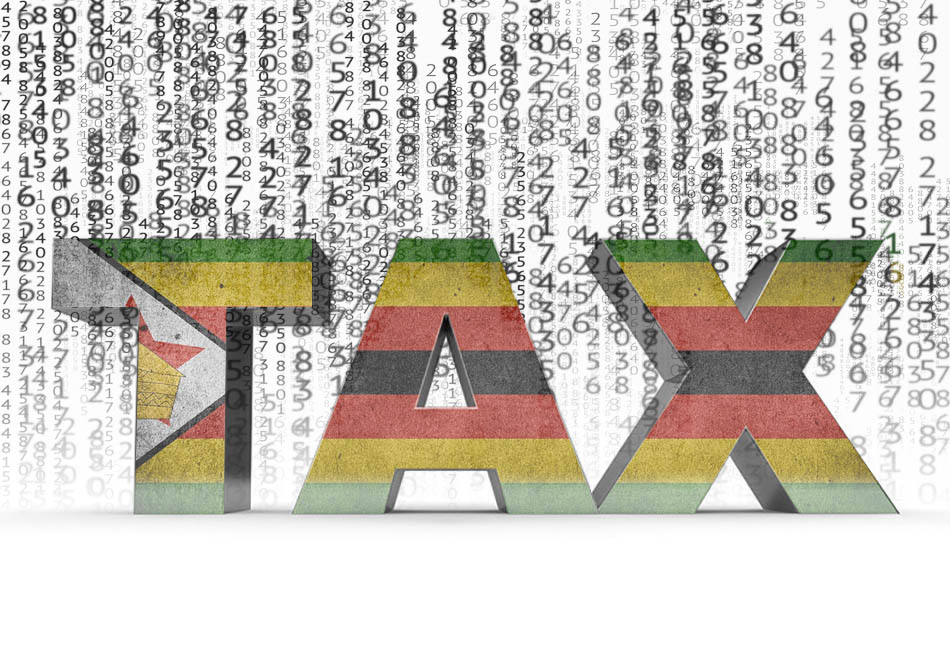Zimbabwe’s Information Communication Technology (ICT) sector is facing significant headwinds due to high taxation and persistent power shortages, according to Deputy Minister of ICT and Courier Services, Dingumuzi Phuti.
Speaking at a CEO Roundtable breakfast meeting in Harare, Deputy Minister Phuti emphasized the detrimental impact of these issues on the industry’s growth.
He explained that the complex and burdensome tax structure not only distorts the market but also forces service providers to pass the increased costs onto consumers.
This, in turn, hinders affordability and wider adoption of ICT services. Deputy Minister Phuti urged authorities to revise the current taxation framework to create a more favorable environment for the ICT sector to flourish.
He stressed the alarmingly high tax burden on ICT players and how it impedes growth, ultimately affecting consumers.
The Deputy Minister also highlighted the crippling effect of unreliable power supply on the telecommunications sector. Frequent and extended power cuts disrupt operations across the board, impacting everything from network stability to service delivery.
He underscored the urgent need to address the power crisis, citing the significant challenges faced by mobile network operators forced to rely on generators for extended periods.
Zimbabwe has been grappling with power shortages due to underinvestment in generation capacity and the aging infrastructure of existing power stations. While the government has implemented strategies to augment power supply, including expansion projects at Kariba South and Hwange, as well as collaborations on projects like the Batoka Gorge hydropower project, the energy deficit persists. Peak demand continues to outstrip supply, necessitating imports and power rationing.
Despite these challenges, the demand for data services continues to grow. Mobile internet traffic saw a 19.22% increase in the third quarter of 2024, reaching 78.38 petabytes.
Conversely, voice traffic declined by 7.46% due to the rising popularity of internet-based communication platforms like WhatsApp and other messaging apps.
This shift reflects a global trend where users are increasingly opting for data-driven communication methods over traditional voice calls.

For comments, Feedback and Opinions do get in touch with our editor on WhatsApp: +44 7949 297606.
